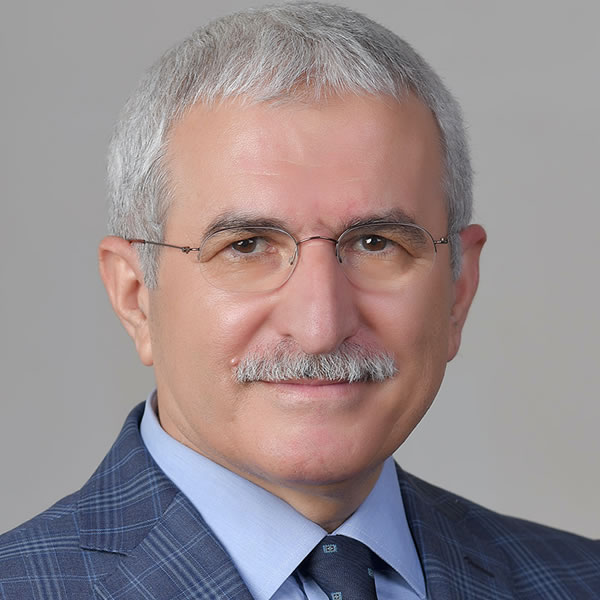
ORGANIZED BY:

Module 2: Renewable Energy, Climate Change and Food Security:
The Planet Earth and Our Responsibilities to Future Generations: The Case of Peat Forests

Prof. Dr. İbrahim Özdemir
İBRAHİM ÖZDEMİR is a professor of philosophy and the Founding President of Hasan Kalyoncu University, Gaziantep Turkey. Currently, he is Professor of Philosophy at Uskudar University, Istanbul, Turkey.
He holds a Doctorate degree in philosophy from the Middle East Technical University, Ankara and a Bachelor’s degree in Islamic Theology and Islamic Philosophy from Ankara University, Turkey.
Dr. Özdemir’s major is environmental ethics and environmental philosophy. However, he is a generalist with a wide variety of scholarly and pedagogical interests, which include ethics, history of philosophy, modern philosophy, philosophy of education and philosophy of higher education.
His most recent publications include The Ethical Dimension of Human Attitude Towards Nature, 2nd edition, Insan Publications: Istanbul, 2008, 2.Jalaluddin Rumî and Confucius: Messages and Visions for a New Century, Tugra Books: New Jersey, 2013, and Globalization, Ethics and Islam, editors: Ian Markham and Ibrahim Ozdemir, Aldershot: Ashgate. 2005.
In August 2015, he was part of the drafting team of the Islamic Declaration for Global Climate Change.
He was a consultant at UNEP (United Nation Environmental Program), 2015–2016, New York, USA.
Presently, he has been working on Islamic Charter on the Environment with a team of scholars under umbrella of UNEP.
VIEW PROFILE
The effect of environmental disasters and their impact on social life is not a new phenomenon. However, the discovery of interconnectedness of the whole universe and nature, makes it clear for us that some environmental problems are global in nature and nobody is resilient from its devastating effects as witnessed every day on the globe. Unpresented wildfires in Australia and California; and devastating floods in Sudan and Southern France are just a few examples that pop up to mind. As the findings of The Intergovernmental Panel on Climate Change (IPCC), the United Nations body for assessing the science related to climate change, makes it clear on the scientific data that major environmental problems are caused by human beings and also can be prevented at least mitigated by human beings, too. There, it is time to look at ourselves, our economic and political system with a critical eye and re-think about our moral obligations toward future generations and creation. This work will address this issue with examples of peatland and their protection for the well-being of the whole system as well as human beings. It will suggest that we (all living creatures) are on the same boat.
REGISTER OR LOGIN TO VIEW FULL REPORT
REGISTER OR LOGIN TO VIEW PRESENTATION SLIDES
Questions & Answers
Please login to post comments.




